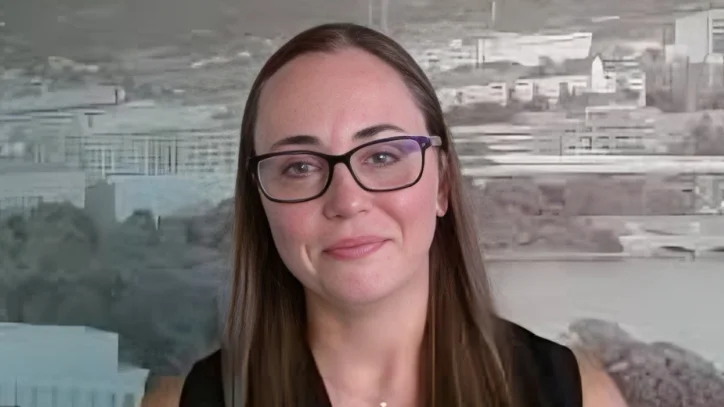
The upcoming term at the Supreme Court is set to be engaging, with a focus on First Amendment issues related to online sexual materials and crime reporting. Two speech-related cases have been granted so far, but additional petitions are pending, which could further enliven the term.
One significant case involves Texas' requirement for age verification to access sexual materials online. This law mandates websites to verify users' ages without retaining any identifying information. The controversy lies in the scope of content covered by this regulation, ranging from R-rated movies to pornography. Critics argue that such laws could deter free speech due to privacy concerns over potential data retention. While protecting children online is a priority, critics suggest empowering parents with tools for managing their children's internet use instead of government-mandated data collection.
Another case awaiting the Court's decision is Villarreal v. Alaniz (Case No. 23-1155). This case questions whether arresting someone for asking government officials questions and publishing their responses violates the First Amendment. The plaintiff, a citizen journalist known as La Gordiloca, was arrested under public corruption charges after seeking confirmation from police contacts in Laredo, Texas.
Additionally, No on E v. Chiu (Case No. 23-926) addresses donor privacy rights against San Francisco's demands for detailed donation records from non-profits. If upheld, it could undermine donor associational rights previously recognized by the Court.
Lastly, Lackey v. Stinnie (Case No. 23-621) explores how much success is necessary in civil rights litigation to warrant attorneys' fees under Section 1988 of the Civil Rights Act. This procedural question arises when government changes align with plaintiffs' court requests during ongoing litigation.
The Supreme Court will hear oral arguments in Lackey v. Stinnie on October 8, 2024.